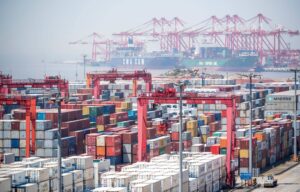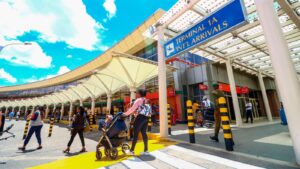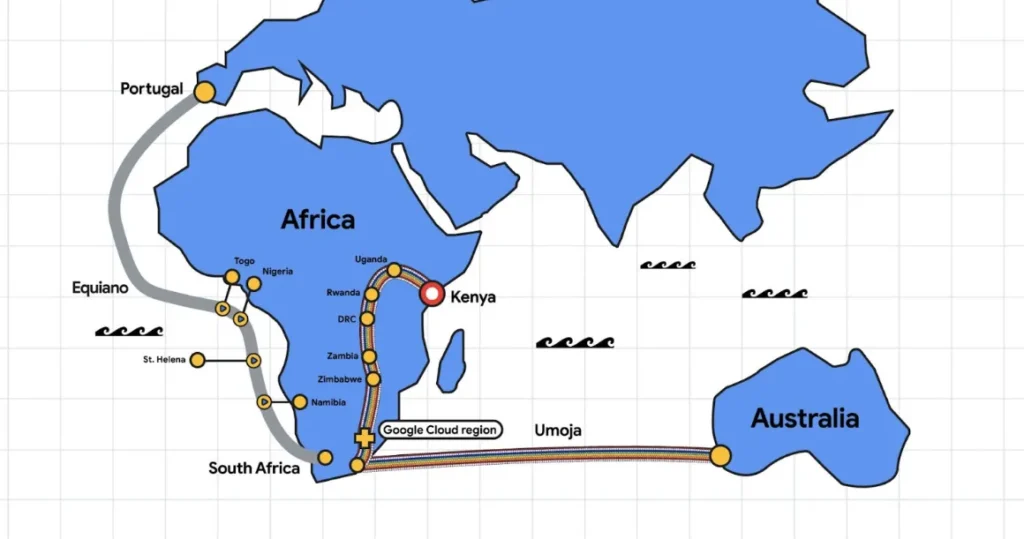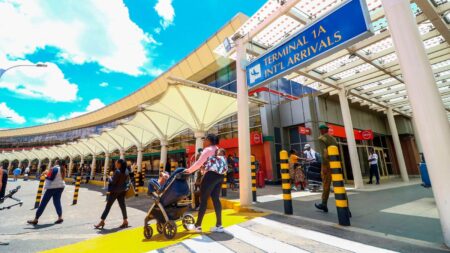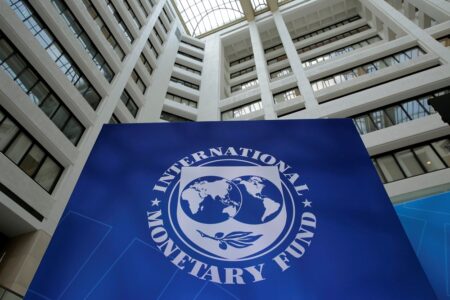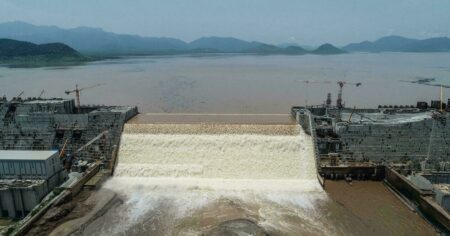- Google is rolling out Umoja cable, the first-ever fibre optic link directly connecting Africa with Australia, aiming to enhance global digital infrastructure and foster economic growth.
- The Umoja project, developed in collaboration with Liquid Technologies, will improve connectivity and drive digital inclusion across Africa.
- This initiative is part of Google’s long-term commitment to Africa’s digital transformation, with investments in infrastructure, cybersecurity, and AI innovation to support growth.
In a deal set to revolutionize digital connectivity across continents, tech heavyweight Google has announced the launch of Umoja, the first-ever fibre optic link directly connecting Africa with Australia. This project is poised to enhance global digital infrastructure, foster economic growth, and drive digital inclusion on a new level scale.
The Umoja cable, anchored in Kenya, will traverse a diverse array of African countries, including Uganda, Rwanda, the Democratic Republic of Congo, Zambia, Zimbabwe, and South Africa, before crossing the Indian Ocean to reach Australia.
This extensive network, developed in collaboration with Liquid Technologies, forms a scalable and resilient pathway through Africa, offering access points for other countries to leverage the network’s capabilities, said Brian Quigley, Google Cloud’s Vice President, Global Network Infrastructure.
“Access to the latest technology supported by reliable and resilient digital infrastructure is critical to growing economic opportunity,” stated Meg Whitman, US Ambassador to Kenya. “This is a meaningful moment for Kenya’s digital transformation journey and the benefits of today’s announcement will cascade across the region.”
Umoja cable, a new path for connectivity bridging continents
The name “Umoja,” meaning “unity” in Swahili, embodies the project’s vision of fostering stronger connections within Africa and with the rest of the world. This initiative is a crucial part of Google’s broader “Africa Connect” strategy, aimed at significantly improving the continent’s digital landscape. By establishing a new route distinct from existing connectivity lines, Umoja is set to provide a more robust and reliable network for a region that has historically faced frequent connectivity disruptions.
Dr. William Ruto, President of Kenya, lauded the initiative, stating its significant in strengthening the region’s digital backbone. “The new intercontinental fibre optic route will significantly enhance our global and regional digital infrastructure,” he said. “This initiative is crucial in ensuring the redundancy and resilience of our region’s connectivity to the rest of the world, especially in light of recent disruptions caused by cuts to sub-sea cables.”
Umoja cable set to enhancing regional digital infrastructure
The Umoja project not only aims to improve connectivity but also promises to pave the way for increased digital inclusion, innovation, and economic opportunities across Africa. “Africa’s major cities, including Nairobi, Kampala, Kigali, Lubumbashi, Lusaka, and Harare, will no longer be hard-to-reach endpoints,” remarked Strive Masiyiwa, Chairman and Founder of Liquid Technologies. “They are now stations on a data superhighway that can carry thousands of times more traffic than currently reaches here.”
In addition to the infrastructure development, Google is enhancing its collaboration with Kenya through a Statement of Collaboration with the Ministry of Information, Communications, and the Digital Economy. This partnership aims to accelerate efforts in cybersecurity, data-driven innovation, digital upskilling, and the responsible deployment of AI for societal benefits.
Google Cloud and Kenya are set to work together on strengthening the country’s cybersecurity. The Department of Immigration & Citizen Services is evaluating Google Cloud’s CyberShield solution and Mandiant expertise to fortify the defense of Kenya’s eCitizen platform.
CyberShield enables governments to build enhanced cyber threat capabilities, protect web-facing infrastructure, and help teams develop skills and processes that drive effective security operations.
Read also: Fastest direct fibre link connects East to West Africa
Google in a long-term commitment to Africa
Google’s investment in Africa is part of its long-term commitment to support the continent’s digital transformation. Since opening its first Sub-Saharan Africa office in Nairobi in 2007, Google has partnered with governments from various African countries on numerous digital initiatives.
In 2021, Google committed to investing $1 billion in Africa over five years to support efforts ranging from improved connectivity to investment in startups, all aimed at boosting Africa’s digital transformation. Since then, Google has invested more than $900 million in the region, with the remaining commitment expected to be fulfilled by 2026.
This investment is already yielding significant economic benefits. Between 2021 and 2023, third-party estimates show that Google’s products and services provided more than $30 billion of economic activity across Sub-Saharan Africa. The continent’s internet economy has the potential to grow to $180 billion by 2025, representing 5.2 per cent of Africa’s GDP, according to a report by the International Finance Corporation.
Initiatives such as Umoja cable, coupled with developing talent who can benefit from and contribute to this growing digital economy, are essential for ensuring citizens can access government services and critical information while enabling businesses to thrive and generate sustainable economic growth.
Google empowering Africa’s businesses and entrepreneurs
Google’s commitment to Africa goes beyond infrastructure. The company’s training and certification initiatives, such as the Google Hustle Academy, have helped thousands of small businesses in Kenya and other African countries harness digital technologies to build and sustain their enterprises. The Google Hustle Academy, a five-day bootcamp launched in 2022, focuses on subjects including leadership, business strategy, and e-commerce. This initiative has supported the growth of more than 3,500 small businesses in Kenya alone.
Pioneering AI Innovations in Africa
Through its AI Research Centers in Ghana and Nairobi, as well as the Product Development Center in Kenya, Google is creating products and services to tackle challenges unique to the African continent. For instance, in Kenya, Google has partnered with Jacaranda Health to improve maternal health outcomes by expanding access to ultrasounds.
Additionally, Google is working with Kenyan health organizations, including IntelliSOFT, Ona, and Medtronic Labs, to enhance the interoperability of digital health solutions. Google is also conducting workshops with Kabarak University to support digital health innovation in Kenya.
Google’s commitment to Africa underscores its vision of fostering innovation, improving connectivity, and driving economic growth across the continent. The launch of Umoja represents a huge step toward realizing this vision, ensuring that no African is left behind in the digital age.
“Australia welcomes Google’s investment and congratulates all those involved in undertaking this crucial initiative,” said Hon. Michelle Rowland MP, Australian Minister for Communications. “Diversifying Australia’s connectivity and supporting digital inclusion across the globe are both incredibly important objectives, and Google’s Umoja cable will help to do just that.”
As Google ushers in a new era of global internet connectivity with the launch of the Umoja fibre optic link, the project is set to transform the digital landscape of Africa and Australia. By enhancing digital infrastructure, fostering innovation, and driving economic growth, Umoja is more than just a connectivity project; it is a testament to the power of collaboration and the potential of digital technology to create a more inclusive and prosperous world.
